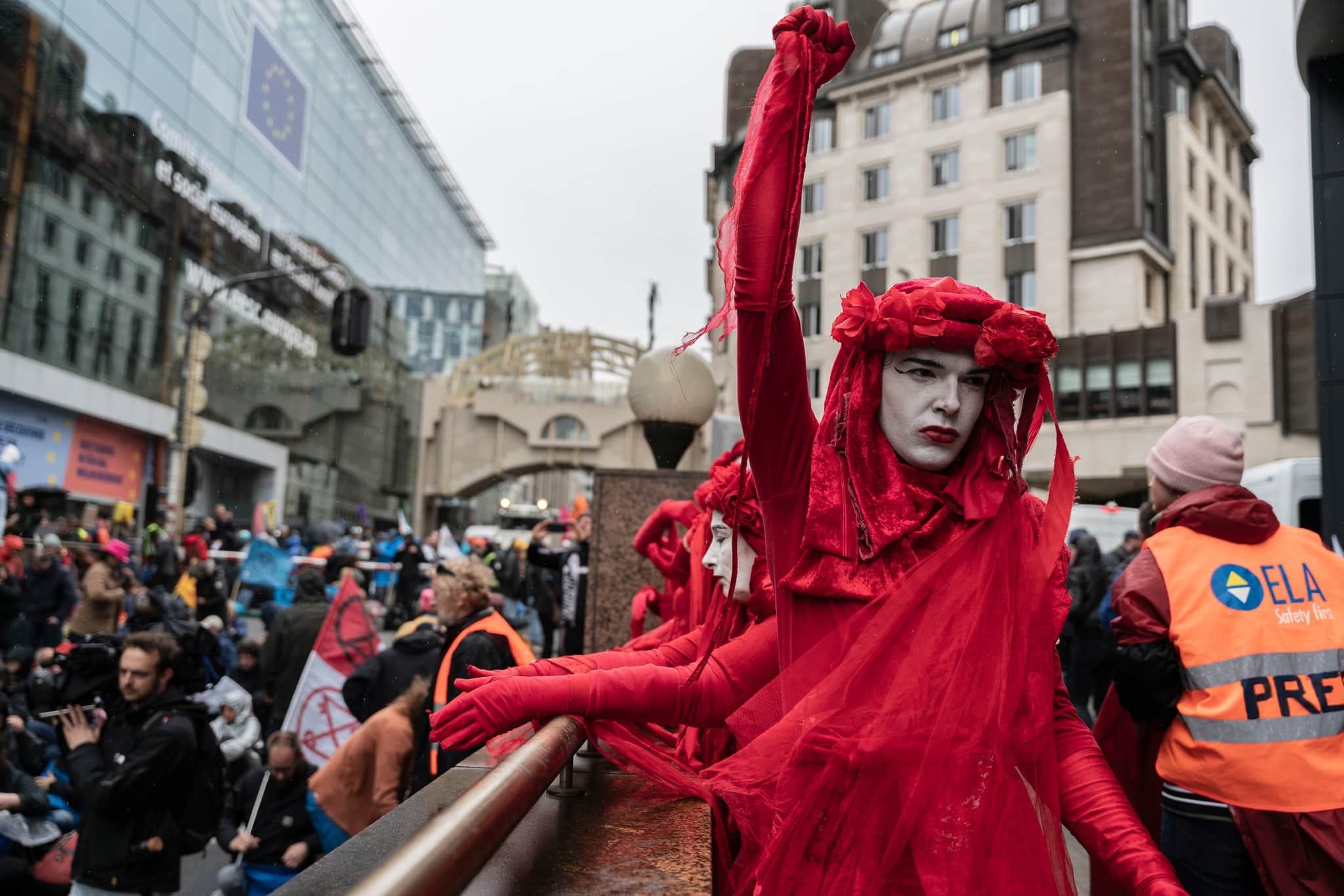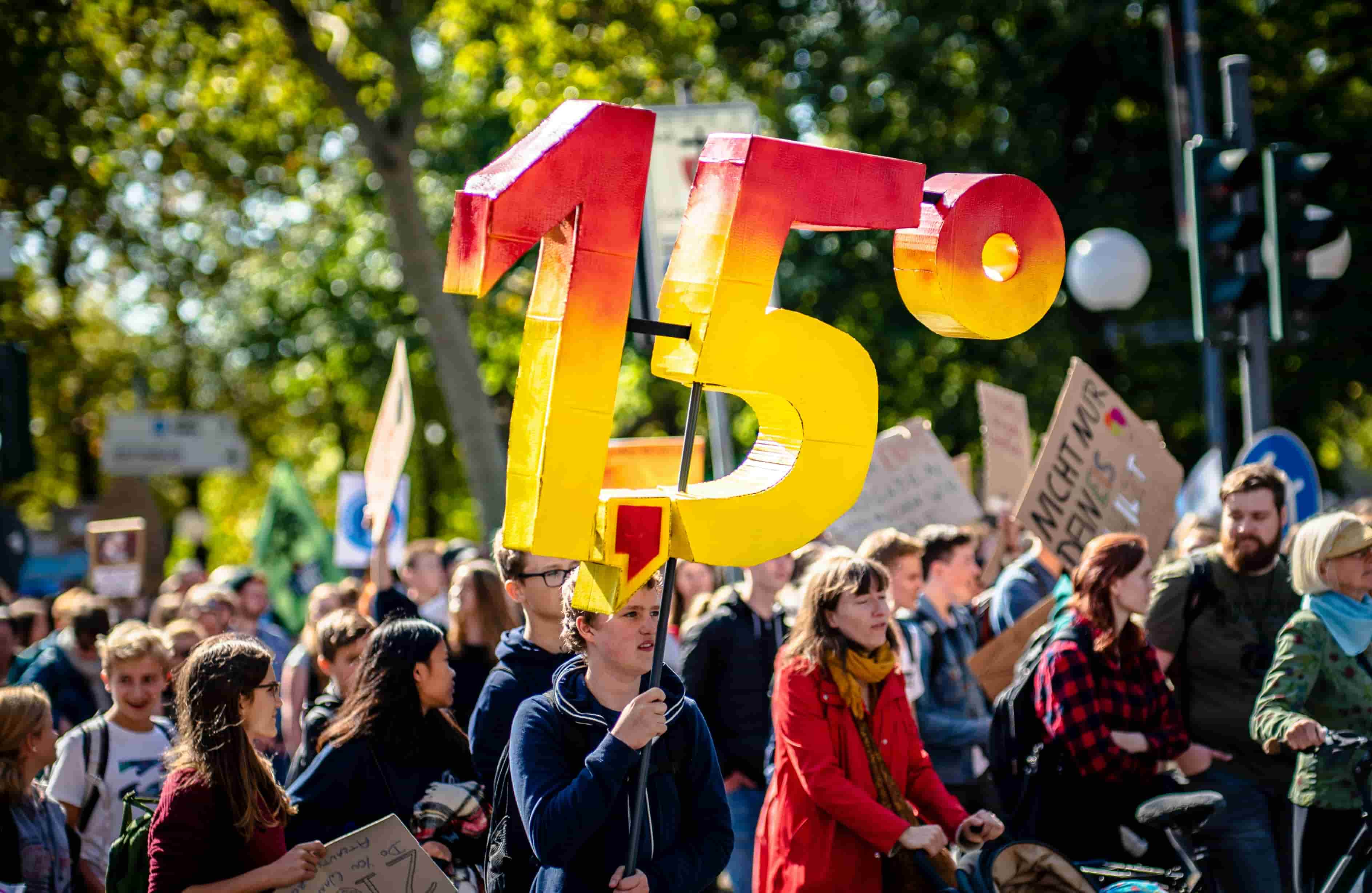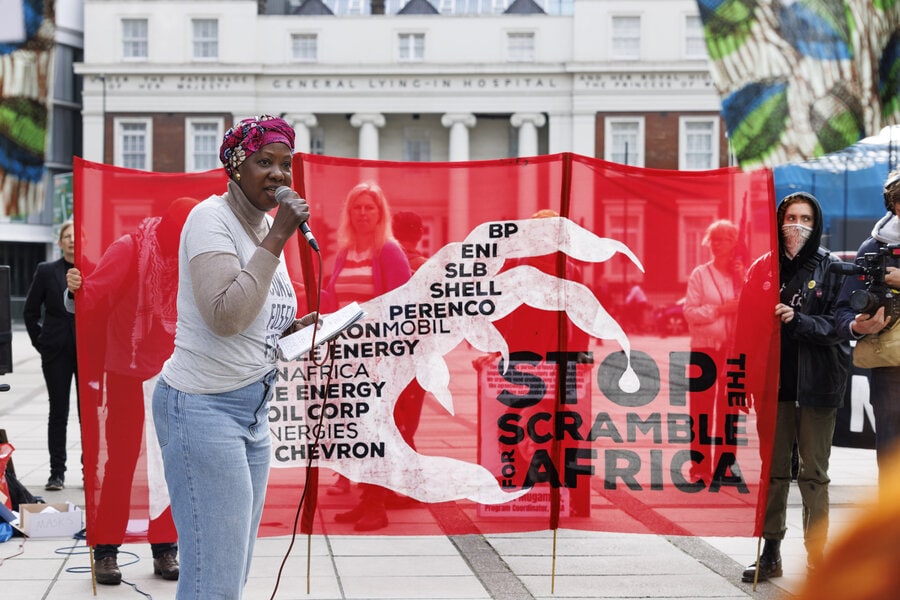Last week’s appalling announcement by the UK Government that it intends to backtrack on key climate commitments is a warning for everyone. Even the limited progress to date in tackling the climate and ecological emergency (CEE) cannot be taken for granted; there’s no let up in the efforts of those attempting to block and delay action. A liveable planet is something we have to keep fighting for.
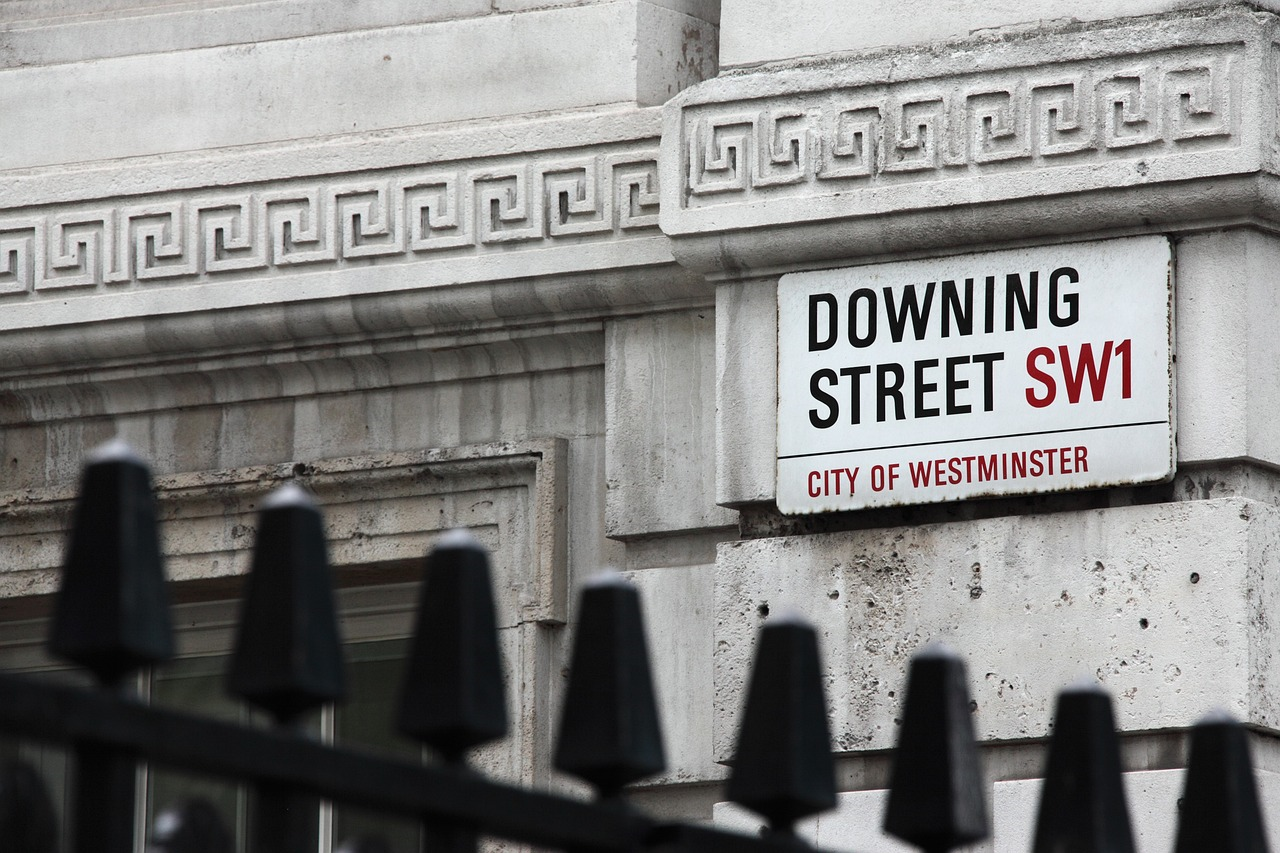
Downing Street, London - image by PublicDomainPictures from Pixabay
What happened?
Recent months have demonstrated the willingness of the current UK Government to pursue climate harming policies. Approval of a new coal mine in Cumbria and licences for extraction in the North Sea went forward despite being widely criticised. A by-election where opposition to expansion of the London ULEZ (Ultra Low Emission Zone) was claimed to have affected the result, led the Prime Minister (PM) to declare that he was “on the side” of motorists. The roll-out of reduced urban speed limits across Wales was also proving to be a controversial and polarising issue. All of this had intensified debate around green policies and their associated costs; in particular, whether they could be used as a “wedge issue” to gain political advantage at the upcoming UK general election.
With the government trailing badly in opinion polls, a reckless move in this direction was viewed as a definite possibility; yet the timing and the way in which it happened left many reeling, including members of their own party. The planned announcement was rushed forward, after parts of the speech were leaked and triggered an immediate backlash. As the world’s politicians met at the UN in New York to discuss doing more to tackle the climate crisis, British PM Rishi Sunak was outlining his plans to do less. His claims that the UK was on target to achieve net zero targets directly contradicted the latest assessment by the government’s own independent advisers. In a bizarre twist, he also announced that he was scrapping proposals that had never even existed.
The speech was condemned in the UK and abroad as jeopardising the future of our planet for short-term electoral benefit. Extinction Rebellion (XR) does not align itself with any political parties or advocate for specific solutions. However, there will clearly be policies (whoever proposes them) which take us in the direction of achieving our demands and others that don’t - it’s clear this announcement falls firmly into the latter category. What it also highlights are significant issues with impacts extending way beyond the UK.
Global leadership?
Whilst UK influence on the international stage has undoubtedly diminished post Brexit, what happens in Britain still has wider implications. Being the birthplace of the industrial revolution and one of the largest sources of historical emissions places a unique responsibility on the UK to be at the forefront of decarbonisation efforts. The UK was the first country to introduce legally binding carbon reduction targets. In 2019 it became the first country to declare a climate emergency and the first major economy to put a requirement to achieve net zero into law. Sadly, the UK has subsequently made nowhere near enough progress in delivering against these promises; something that will be compounded by this latest backtracking. The announcement further undermines the UK's ability to provide global leadership and sets an extremely dangerous precedent. Many politicians around the world reacted with horror and disbelief to last week’s announcements. However, others will no doubt be watching closely to see whether following a similar path might benefit them electorally.
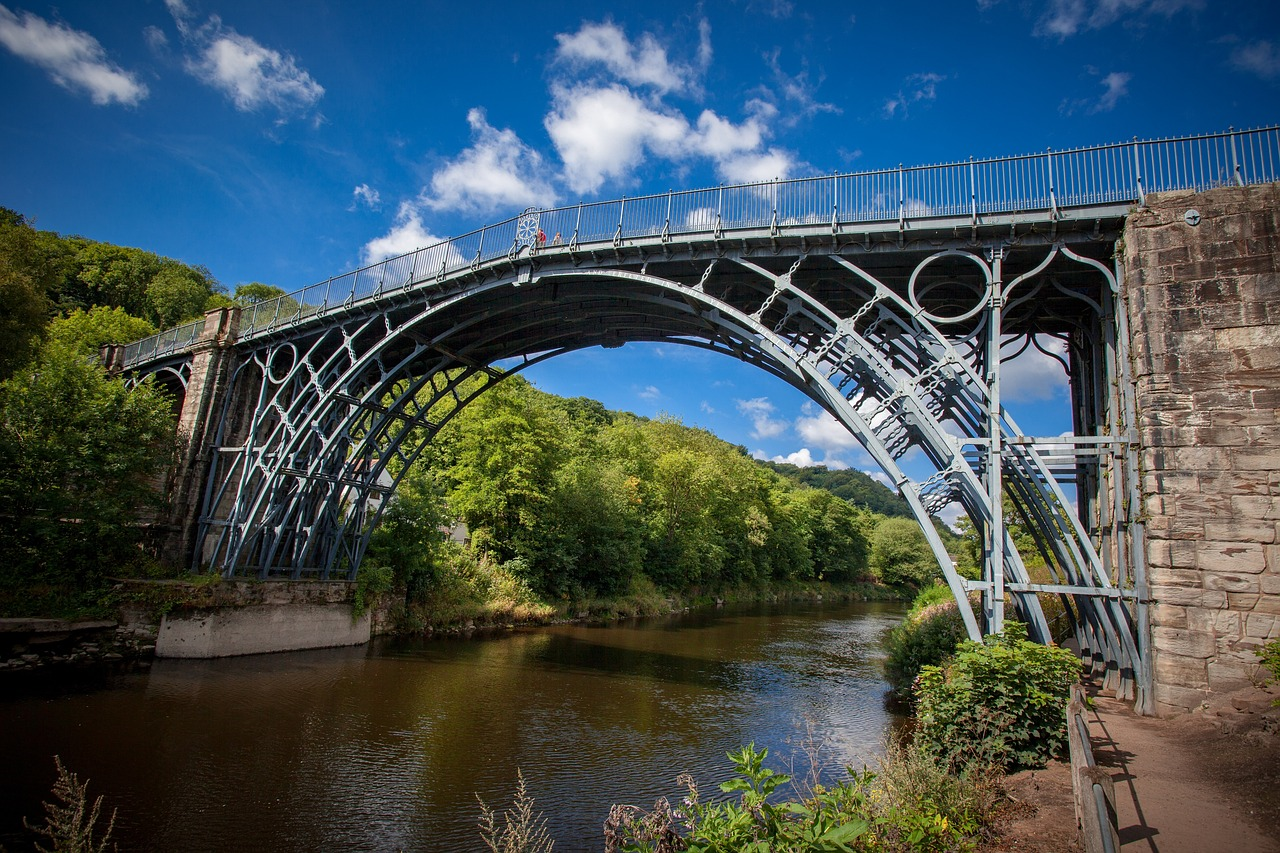
Ironbridge - birthplace of the industrial revolution - image by ian kelsall from Pixabay
Problems with 2050 laid bare
The clear scientific consensus is that we need to reduce carbon emissions as rapidly as possible. 2050 is a completely arbitrary deadline, which in no way represents a desirable or safe timescale. We’re seeing horrific evidence of the damage we’ve already caused to our planet every day, much of which will be irreversible. The sooner we reduce emissions, the less severe the consequences will ultimately be. The speech attempted to justify the proposed changes with claims the UK was ahead of other countries and could afford to slow progress, whilst remaining on track to reach net zero by 2050. This was an unambiguous example of the 2050 deadline being used as justification for delaying action on the CEE. Let’s be clear - no country can afford to slow its progress.
“Lies, damn lies and statistics”
The statistic frequently used by the UK Government to support claims of world leading progress is an almost 50% reduction in emissions since 1990. Whilst this figure isn’t incorrect, it presents an incomplete picture, as it’s based on territorial emissions. These are emissions generated within territorial boundaries of a country and exclude those associated with imported goods and international air travel. The UK imports far more goods than it exports, and research in 2019 showed UK citizens taking more international flights than any other nationality (total number, not just per capita). It’s therefore not difficult to see why territorial emissions would be the UK Government’s preferred measure. The problem is this massively understates the environmental impact of the UK and facilitates the deflection of blame towards countries such as China, which manufacture and export goods to meet UK demand. The claim that the UK is only responsible for around 1% of global emissions also ignores the UK’s leading role in funding fossil fuels globally. A 2021 report found that UK financial institutions were responsible for 1.8 times the UK’s annual carbon emissions.

Buildings in the City of London - image by Joe from Pixabay
The famous quote in the heading above shouldn’t be misinterpreted as suggesting statistics are another form of lies and that no reliance should be placed on them. Accurate statistics have a vital role to play in enhancing our understanding and assisting decision making. However, we need to be alert to the way in which statistics can be manipulated and used selectively in order to create a very misleading picture. Many politicians and corporations around the world are accused of doing exactly this, to create the impression they’re doing far more to address the CEE than is actually the case.
The PM protesteth too much, methinks
In the speech it was repeatedly claimed that the changes represented a rejection of short-termism. This was probably a recognition that short-term gain certainly appeared to be the primary motivation. Some recent polling suggested that key voters needed by the government to retain power would be receptive to the watering-down of some net zero commitments. One of the issues identified was concerns around potential costs. Excessively heavy emphasis on costs within the speech appeared cynically targeted at these voters. It’s difficult to view this as anything other than a clear example of short-term political expediency driving policy, rather than making decisions that are the best ones in the medium to long term. It illustrates how our current political systems create incentives to prioritise winning the next election ahead of doing what is actually in everyone’s best future interests.

The UK government pushed back the date for phasing out petrol and diesel cars - Image by Andreas Lischka from Pixabay
XR advocates for citizens' assemblies as a means to inform and involve ordinary people in decision making. You can read more about how they can help address problems with our political systems in this guest blog.
Culture wars and misinformation
The UK Government was criticised for politicising the work of its own independent political advisers, the Climate Change Committee. Attempts to undermine the legitimacy of even the most reliable and authoritative sources of information are a worrying trend not limited to the UK. XR’s first demand is that governments tell the truth about the CEE and the actions necessary to address it. In 2018, the Intergovernmental Panel on Climate Change (IPCC) warned that limiting global warming required “rapid, far-reaching and unprecedented changes in all aspects of society”. Many people have concerns not only about the CEE, but also how it will impact their own lives. In the absence of trustworthy sources of information, these fears can be exploited and misinformation can flourish.
In many cases, those affected most severely by the CEE are the ones who have contributed least to creating it. It’s essential that climate justice is embedded within solutions. We need a just transition, which helps reduce and remove inequalities rather than exacerbating them. Support for climate action risks being undermined by concerns that the impacts will not be shared fairly. Last week’s speech was criticised for containing numerous misleading claims about costs and changes that might be imposed. It suggested those calling for faster action were driven by “ideological zeal” and unconcerned about costs and disruption to ordinary families; seemingly more interested in promoting division than bringing people together. It warned moving too fast risked losing the consent of the public, yet made no mention of projections that delaying action would actually prove far more costly. The irresponsibility of politicians deliberately adding to misinformation and fears for short-term political gain cannot be overstated.
Who’s calling the shots?
The way in which lobbyists for the fossil fuel industry are able to influence policy makers is a global issue. Nowhere is this more blatant than COP28, which will be chaired by the Chief Executive of the Abu Dhabi National Oil Company - it’s difficult to imagine a more obvious conflict of interest. The current UK Government makes little effort to disguise its close links with the ‘think tanks’ of Tufton Street. These think tanks are secretive about their sources of funding, but it’s extremely clear whose interests their work benefits. Increasingly draconian anti-protest legislation introduced by the UK Government has been linked back to them. Climate campaigners in the UK are being jailed for mentioning the climate emergency in their defence in court. Contempt of court proceedings have been initiated against a protestor for simply holding a sign outside a court reminding jurors that they could act in accordance with their conscience. It’s clear that the influence of these lobbyists is extremely harmful to both democracy and our planet.
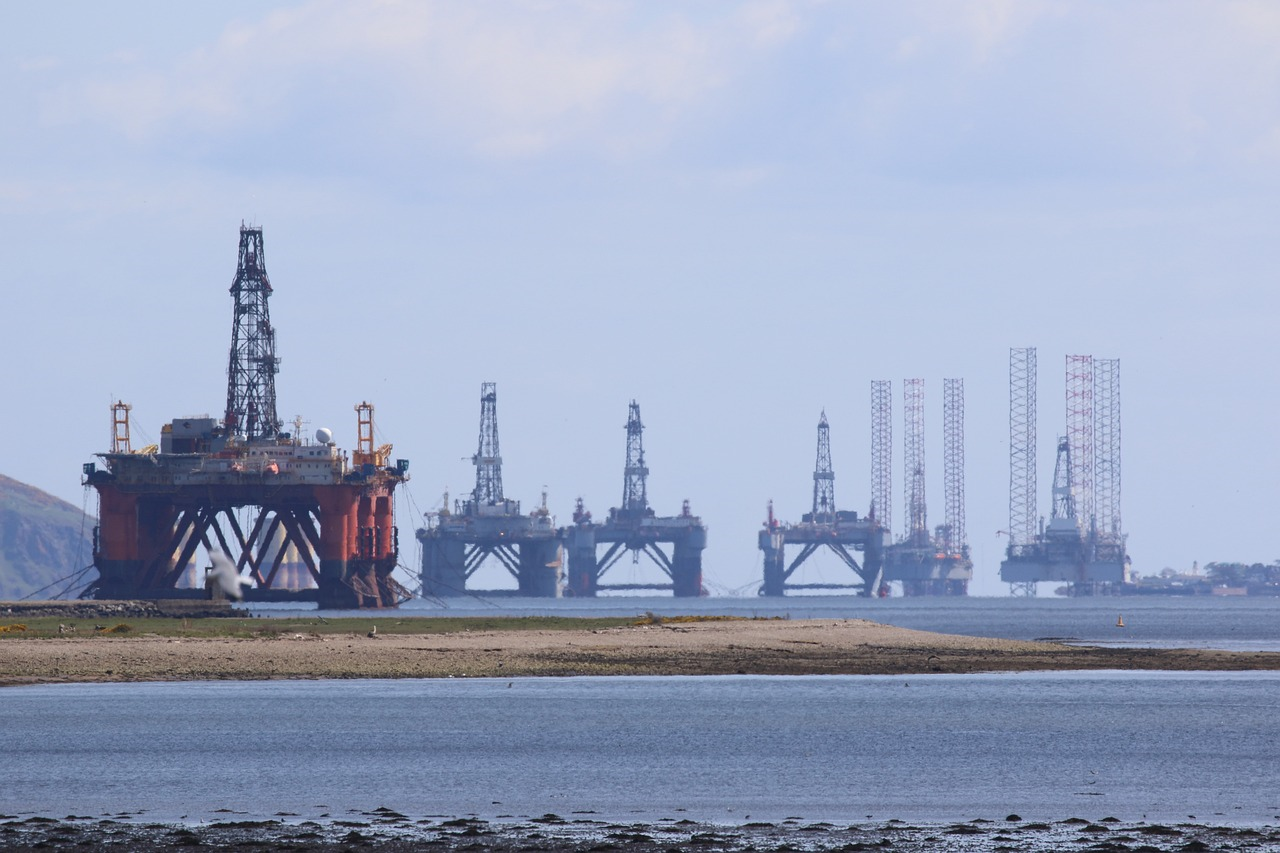
Oil rigs in Scotland - image by Elliott Day from Pixabay
Act now
Politicians misleading the public and delaying climate action for short-term electoral gain are no better than the oil companies who knew, but hid the truth about the harm they were causing. History’s verdict on those still determined to continue along this ecocidal path will not be kind. Sadly, the prospect of being viewed as amongst the worst criminals in history appears to be insufficient deterrent. Their unwillingness to change course means it falls to ordinary people like us to do everything in our power to stop them. History shows us that progress is usually hard won and we have to keep pushing for it. Please join us in the fight to save our planet or make a donation to support our work.
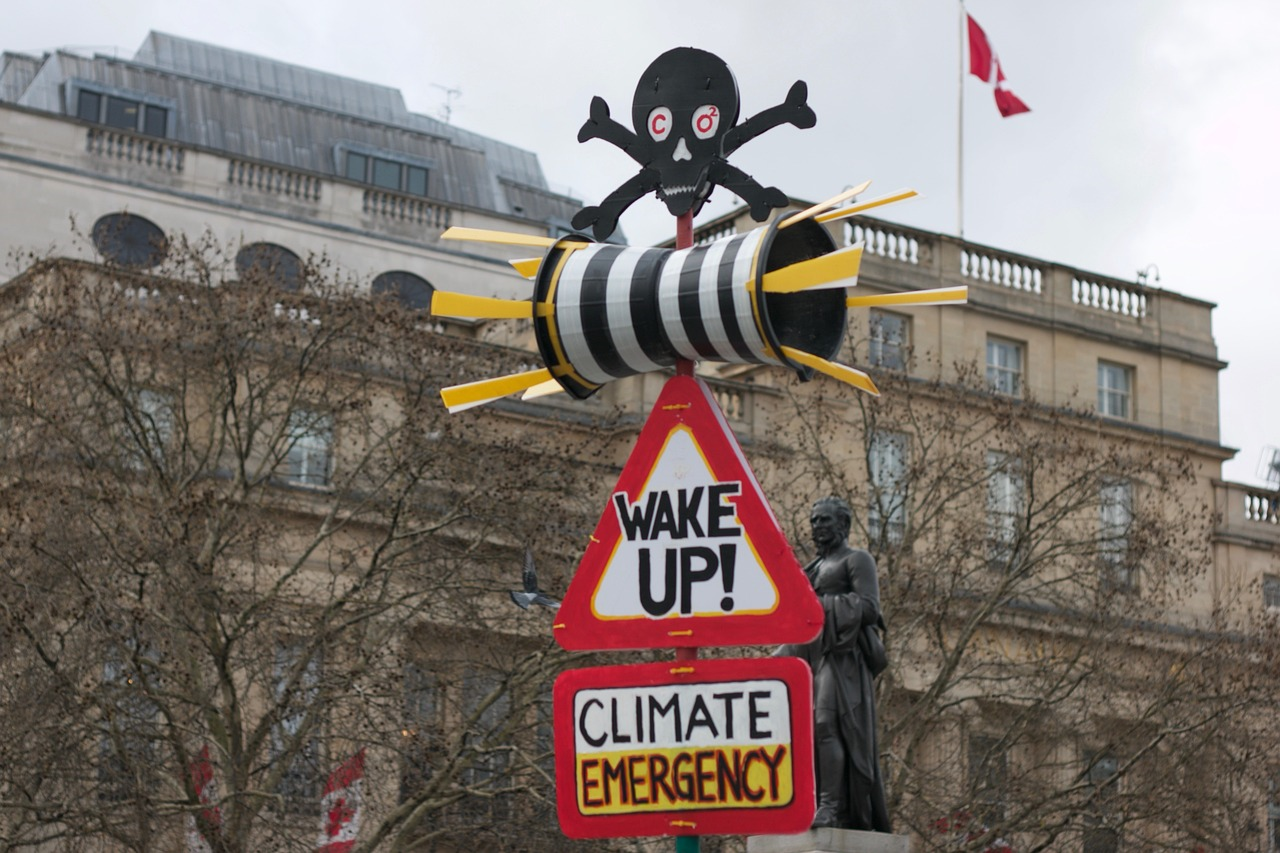
Protest sign - Image by Kevin Snyman from Pixabay
